 |
 |
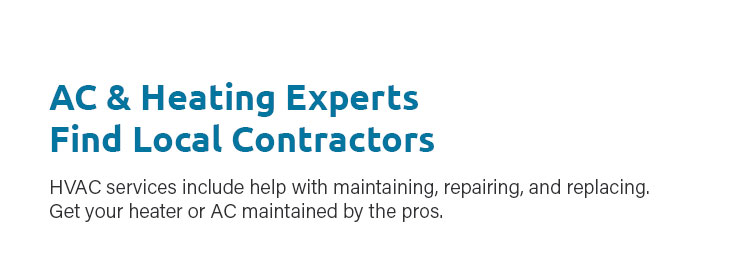 |
 |
 |
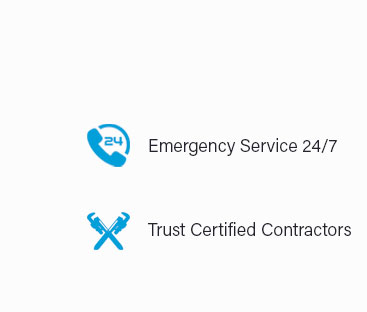 |
 |
 |
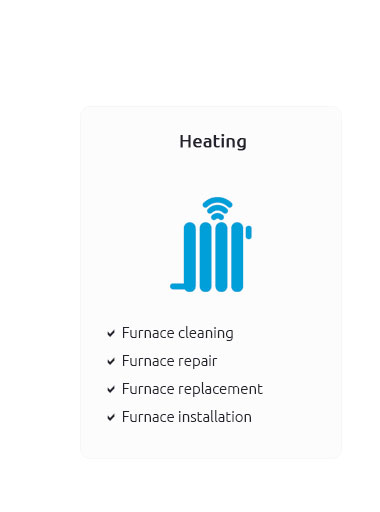 |
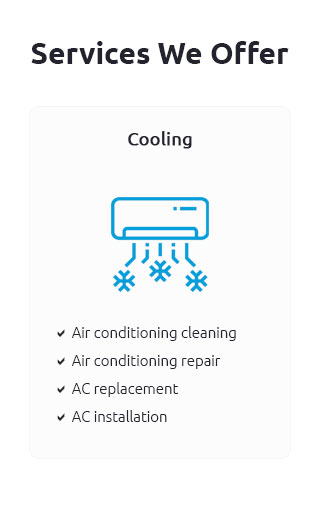 |
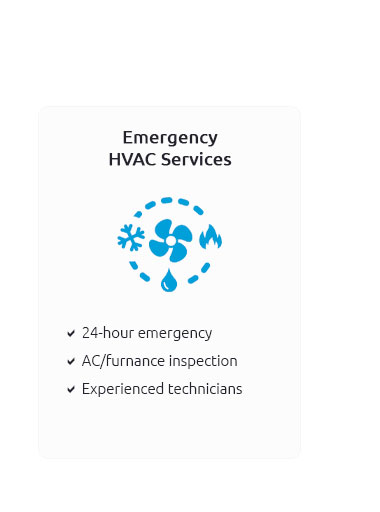 |
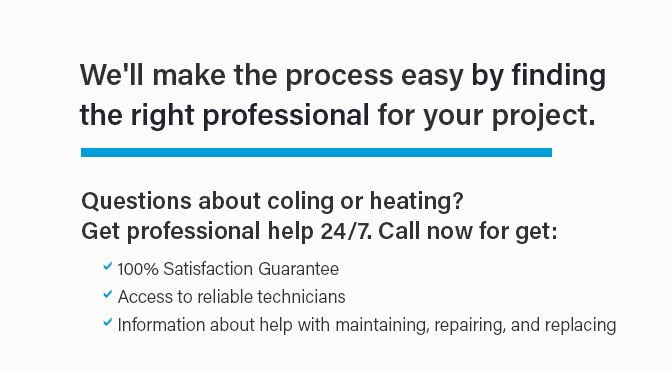 |
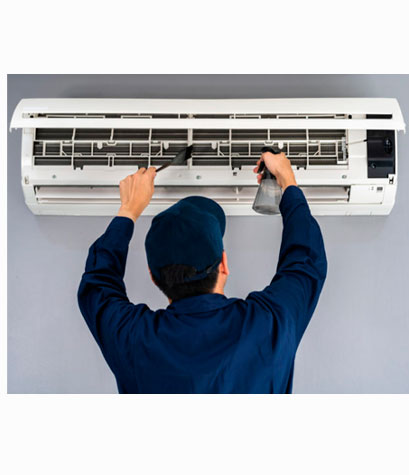 |
 |
 |
 |
Understanding Air Conditioning Emergency Repair: Essential Tips and ConsiderationsIntroduction to Emergency RepairsAir conditioning systems can break down unexpectedly, leading to discomfort and potential health risks. Understanding how to handle emergency repairs is crucial for homeowners. Signs You Need Immediate RepairIdentifying the signs of an AC system in distress can help you act quickly:
Why Quick Action MattersDelaying repairs can lead to more severe damage, higher costs, and longer periods of discomfort. Immediate attention ensures the longevity of your system. Choosing the Right ProfessionalWhen your system fails, selecting a qualified hvac technician is essential. Key Qualities to Look For
Preventative MeasuresRegular heating and air conditioning maintenance can prevent many emergency situations. Routine checks and servicing help in identifying potential issues before they escalate. Benefits of Regular MaintenanceMaintaining your system regularly can improve efficiency, reduce energy costs, and extend its lifespan. FAQ
What should I do if my AC stops working suddenly?First, check the thermostat and power supply. If the problem persists, contact a professional immediately for a comprehensive diagnosis. How can I prevent emergency repairs?Schedule regular maintenance, replace filters frequently, and address minor issues promptly to avoid emergencies. Is it worth repairing an old AC unit?It depends on the cost of repair versus replacement. A professional can provide guidance based on the condition and efficiency of the existing unit. https://www.aaaservicenetwork.com/hvac/emergency/
When you need emergency AC or heating repair, choose AAA Service Network! Serving Plymouth, Howell & nearby areas since 1976. https://indoorcomfort.net/air-conditioning/repair/
For emergencies, call Indoor Comfort or schedule online for a quick response and immediate fix for your Southeast Michigan home's AC system. https://www.aireserv.com/southern-michigan/residential/heating-ac/
Whether you use a forced air unit, a heat pump, or a central boiler, our team has the experience to handle anything. Call us 24/7 for emergency repairs. Our ...
|